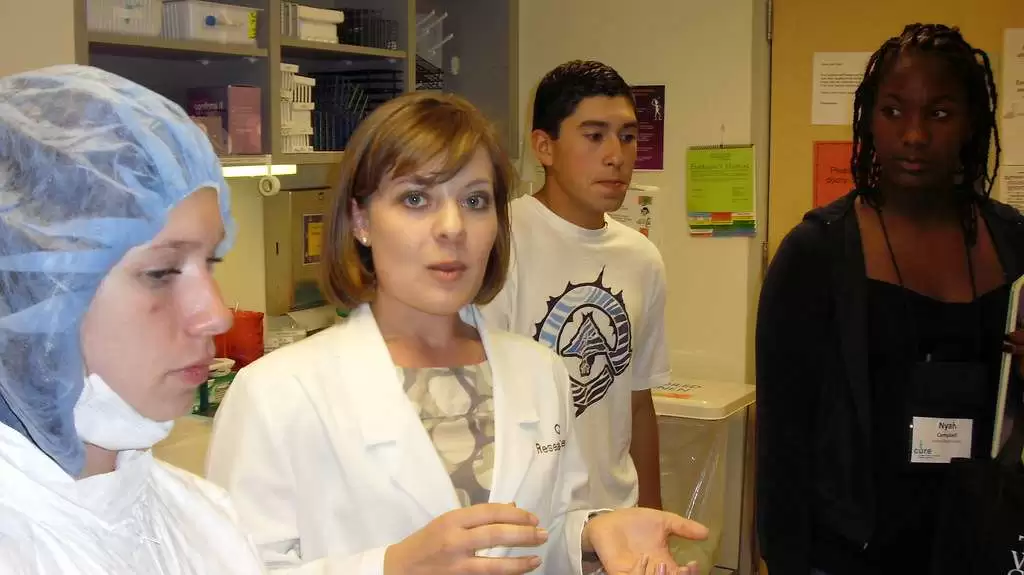
Celiac.com 07/02/2020 - Lack of long-term follow-up after pediatric-adult transition in celiac disease is not associated with complications, ongoing symptoms or dietary adherence, but researchers are calling for more personally tailored follow-ups that can help celiacs who don't follow a gluten-free diet.
People with celiac disease need to follow a life-long gluten-free diet. To make sure that celiac treatment is successful, and that celiacs are properly following a gluten-free diet, doctors recommend regular follow-up for celiac patients.
Celiac.com Sponsor (A12):
A team of researchers recently set out to evaluate the implementation and significance of long-term follow-up. The research team included Laura Kivelä, Sointu Hekkala, Heini Huhtala, Katri Kaukinen, and Kalle Kurppa.
The team collected medical data from 585 patients, and sent follow-up questionnaires to 559 current adult celiac disease patients, who were diagnosed as children.
The team then compared the diagnostic factors and health outcomes between those adults who got follow-up and those who did not. The data showed that 92% of pediatric celiac patients received follow up 6–24 months after diagnosis.
A total of 235 adults responded to the questionnaires a median of 18 years after diagnosis, only one in four reported regular celiac follow-ups. Among patients with similar features at diagnosis, those reporting regular follow-ups were diagnosed more recently than those reporting no follow-up. Those reporting follow-ups were less likely to smoke, or to be related to celiac patients, and more likely to be students and/or to have type 1 diabetes.
Patients who did not receive regular follow-ups did not have more complications, ongoing symptoms, poorer general health or dietary adherence. Most celiac disease patients diagnosed as children do not receive recommended follow-up checks as adults.
Lack of follow-up was not tied to poorer long-term treatment outcomes in general, but no patients avoiding a gluten-free diet were receiving follow-up checks, so we don't have data on this group. Based on these results, the study team recommends a more personally tailored follow-up of celiac disease treatment.
Do you receive regular medial follow-up checks for your celiac disease? Do you feel that your follow-up treatment is adequate? Share your comments below.
Read more at United European Gastroenterol J. 2020 Mar; 8(2): 157–166
The researchers are variously affiliated with the University Consortium of Seinäjoki, Seinäjoki, Finland; Tampere Center for Child Health Research, Tampere University and Department of Paediatrics, Tampere University Hospital, Tampere, Finland; the Department of Internal Medicine at Tampere University Hospital in Tampere, Finland; the University of Helsinki and Helsinki University Hospital, Children's Hospital, and Pediatric Research Center, Helsinki, Finland; and the Faculty of Medicine and Health Technology, the Faculty of Social Sciences, and the Celiac Disease Research Center at Tampere University in Tampere, Finland.







Recommended Comments
Create an account or sign in to comment
You need to be a member in order to leave a comment
Create an account
Sign up for a new account in our community. It's easy!
Register a new accountSign in
Already have an account? Sign in here.
Sign In Now